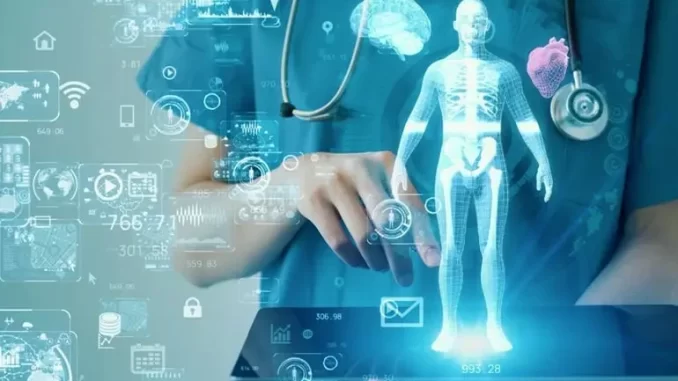
In recent years, artificial intelligence (AI) has become a game-changer in the field of medicine, particularly in the realm of medical diagnoses. With its ability to process vast amounts of data and identify patterns that may not be apparent to human eyes, AI is transforming the way doctors diagnose and treat patients.
Enhanced Accuracy
One of the key advantages of AI in medical diagnoses is its ability to provide enhanced accuracy. By analyzing large datasets of medical records, imaging scans, and genetic information, AI algorithms can identify subtle patterns and anomalies that may be missed by human clinicians. This can lead to earlier and more accurate diagnoses, ultimately improving patient outcomes.
Personalized Medicine
AI is also enabling the rise of personalized medicine, where treatment plans are tailored to the individual patient based on their unique characteristics. By analyzing a patient’s genetic makeup, medical history, and lifestyle factors, AI algorithms can recommend the most effective treatments with the fewest side effects. This not only improves patient outcomes but also reduces healthcare costs by minimizing trial and error in treatment plans.
Faster Diagnoses
Traditionally, diagnosing complex medical conditions could take weeks or even months as doctors sifted through data and test results. With AI, diagnoses can be made much faster. Machine learning algorithms can analyze vast amounts of data in a fraction of the time it would take a human, leading to quicker diagnoses and faster initiation of treatment.
Remote Monitoring
AI is also enabling remote monitoring of patients, particularly those with chronic conditions. Wearable devices equipped with AI algorithms can track vital signs, activity levels, and medication adherence in real-time. This data can be analyzed to detect early signs of deterioration or complications, allowing doctors to intervene before the patient’s condition worsens.
Challenges and Ethical Considerations
While the potential benefits of AI in medical diagnoses are vast, there are also challenges and ethical considerations that must be addressed. One major concern is the potential for bias in AI algorithms, which could lead to disparities in care for certain patient populations. Additionally, there are questions about data privacy and security, as well as the potential for AI to replace human clinicians entirely.
The Future of AI in Medical Diagnoses
Despite these challenges, the future of AI in medical diagnoses looks promising. As the technology continues to evolve and improve, we can expect to see even greater accuracy, personalized medicine, and efficiency in healthcare. By harnessing the power of AI, doctors can make more informed decisions, patients can receive better care, and the healthcare system as a whole can be transformed for the better.
Overall, AI is revolutionizing medical diagnoses and paving the way for a more efficient, accurate, and personalized approach to healthcare.
